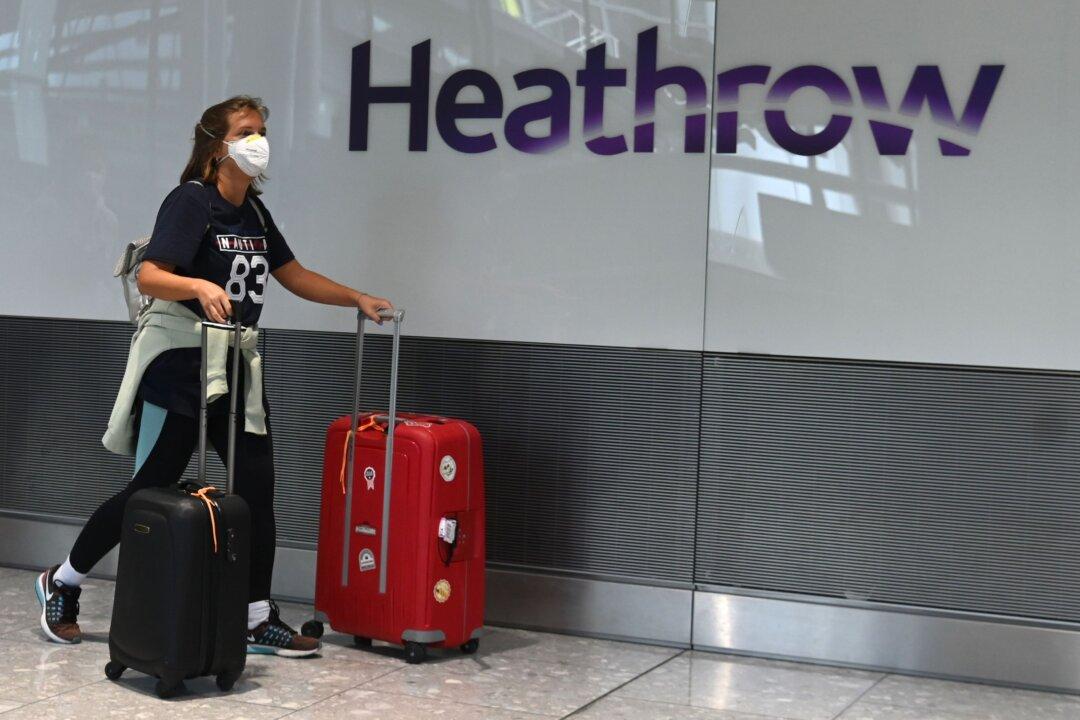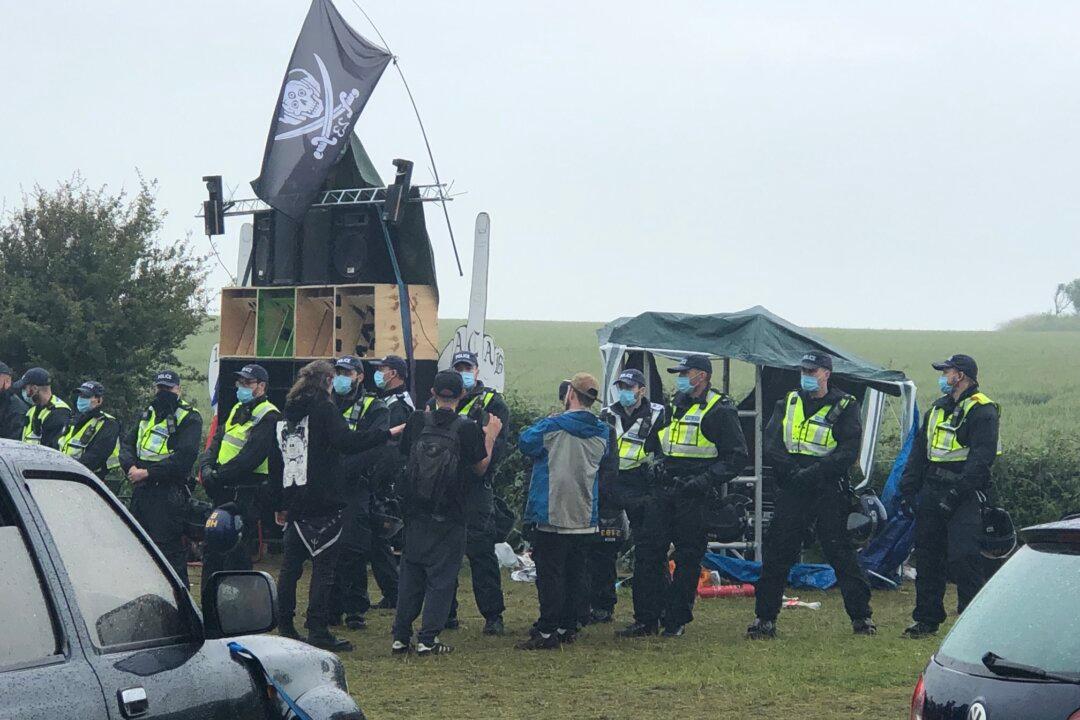Three more countries have been added to the UK’s travel ban list, meaning visitors from the United Arab Emirates, Burundi, and Rwanda are from 1 p.m. Friday no longer allowed to travel to the UK.
Anyone who has visited or transited through the banned countries in the last 10 days will also be subject to the restrictions.




